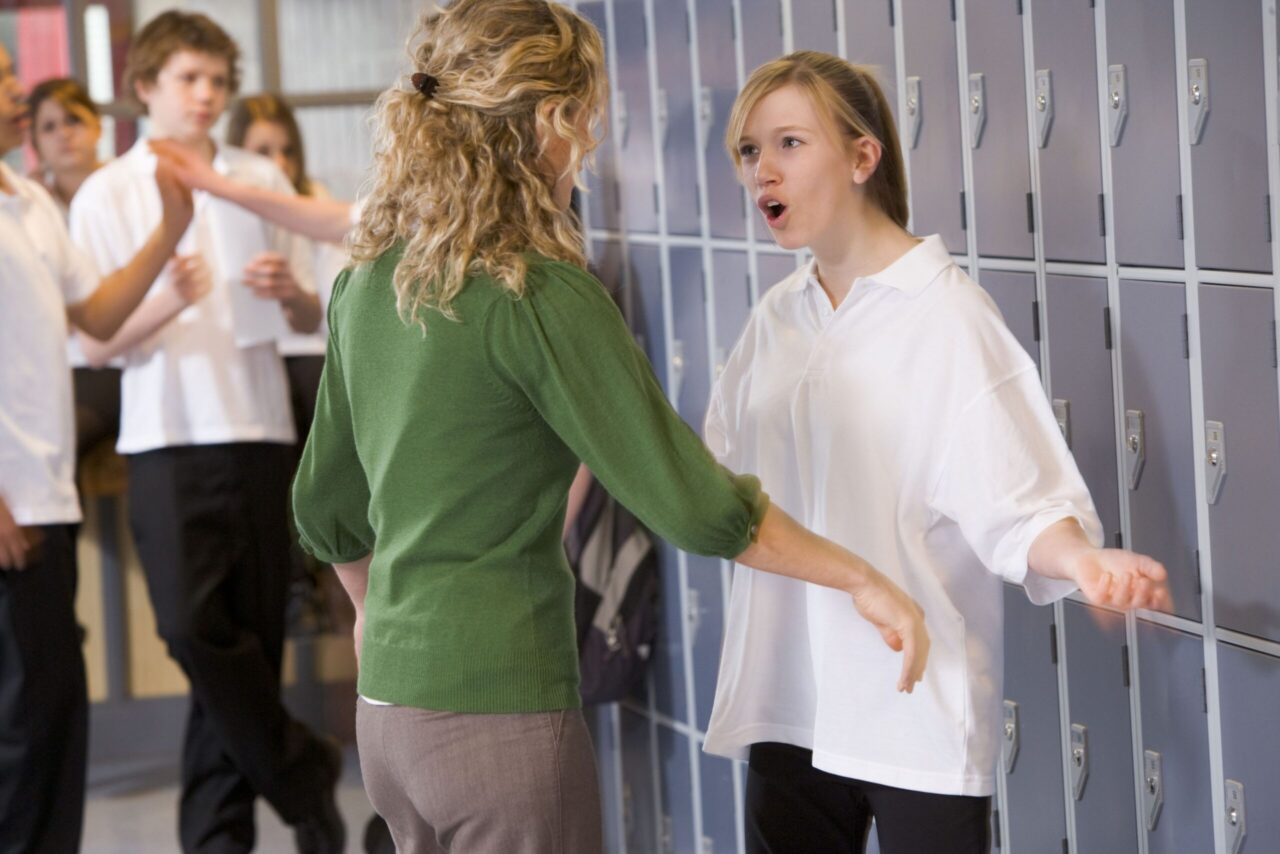This week I re-discovered the great TED talk by Rita Pierson, a teacher of 40 years, who once heard a colleague say, “They don’t pay me to like the kids.” Rita’s passionate response was “Kids don’t learn from people they don’t like.” Her rousing call is for educators to believe in their students and actually connect with them on a real, human, personal level. Click here to watch Rita’s TED talk, aptly titled, “Every kid needs a champion”
Whilst I’d watched to the TED talk before, it was timely that the second time I viewed it was the same day that Federal Education Minister Simon Birmingham pointed to two issues he claimed were cruelling outcomes in some disadvantaged schools. The Courier-Mail quoted Birmingham as saying, “Dud teachers and parents who fail to discipline their children” were key factors dragging down the national results.
Whilst I have no doubt many colleagues will take the Minister’s comment as a personal attack, there is an element of truth in the commentary, even if his choice of vocabulary is poor.
The status of teaching has declined. We fail to attract the number of bright, capable passionate people we need to be teachers. University quotas are filled in many cases by marginal candidates who themselves struggled at school. This has led to the introduction of literacy and numeracy tests to assure that candidates have at least basic competency. Are they the duds the Minister is referring to? The status of teaching as a default option when they can’t access their first choice course reflects poorly on our profession.
Of further concern is the alarming statistic that in a survey conducted in October 2016, of over 2800 teachers, over 40% of respondents would NOT recommend teaching to their own children. Many are jaded with education, they would prefer to be doing something else and are either preparing to exit or ‘going through the motions’ as they can’t see any other options. The job is too hard for that! Perhaps they are the duds the Minister refers to.
Attitudes are visible and easy to read. They are also contagious. Students quickly realise who the dedicated and enthusiastic teachers are. As Rita says in her TED talk, “Kids don’t learn from people they don’t like.” Teachers with a poor attitude make themselves difficult to like and therefore make the classroom environment challenging.
Seeking input from students is powerful but can be confronting for some teachers. In my experience, it is often the dedicated and passionate teachers who are genuinely looking for feedback to refine their practice, who seek input from their students. The teachers who could benefit most from a reality check, seldom volunteer. Perhaps these are the duds the Minister is alluding to. Regular input from students should be seen as formative feedback for individual teachers. If what is happening in the classroom isn’t working for the students in the class, then the teacher has a professional responsibility to take this feedback on board and make refinements.
Many schools are utilising our Survey My Class instrument to seek regular, formative feedback from their students directly to each of their teachers. You can find out more here.
The ‘out-sourcing’ of parenting and adversarial relationship with parents are certainly key factors that are impacting on school effectiveness. Many schools are putting effort into building trust relationships with parents and reinstating the education partnership. After all parents are the child’s first teacher. Their attitude to school and respect for teachers has a direct impact on the partnership between the family and the school, for the benefit of the student.


